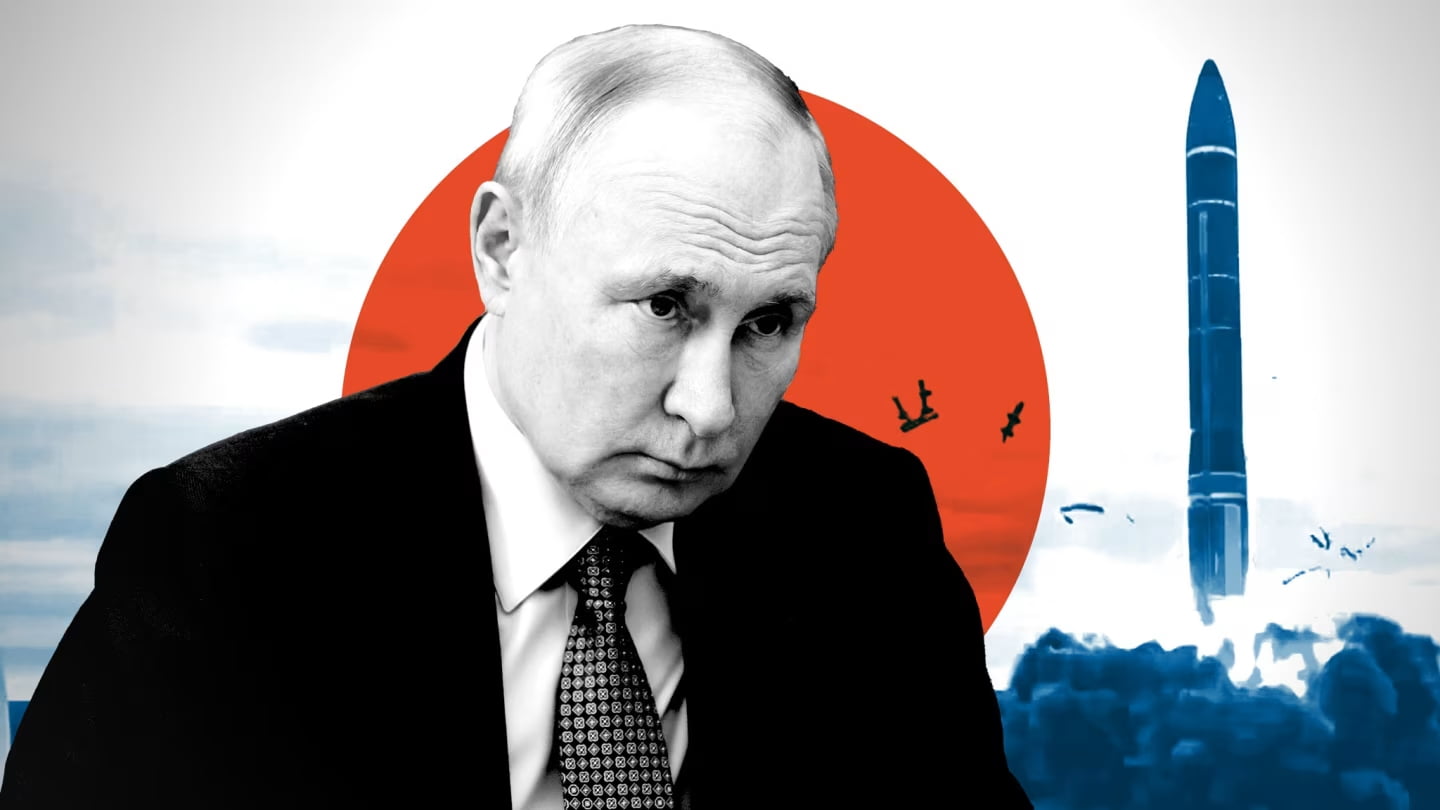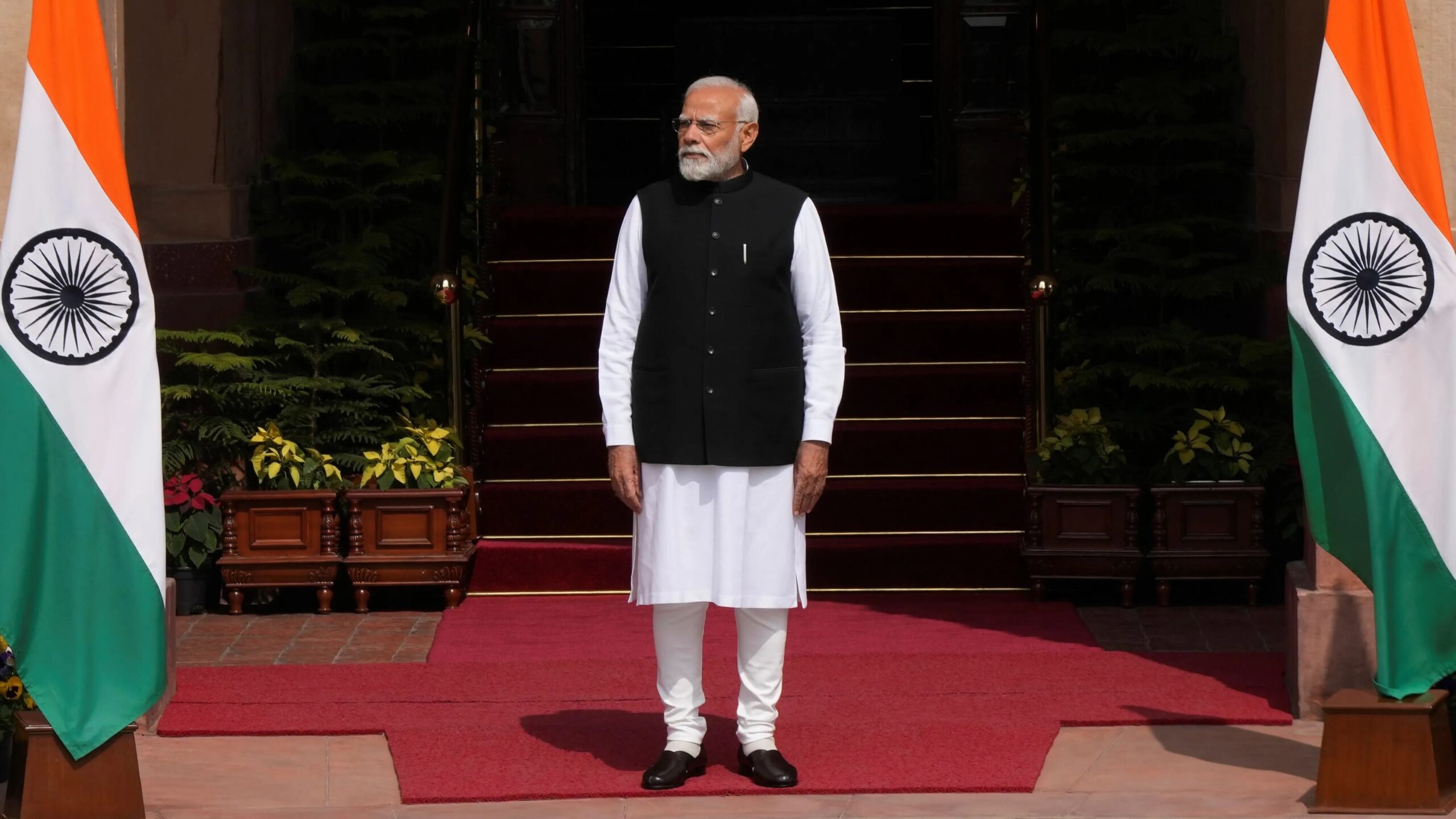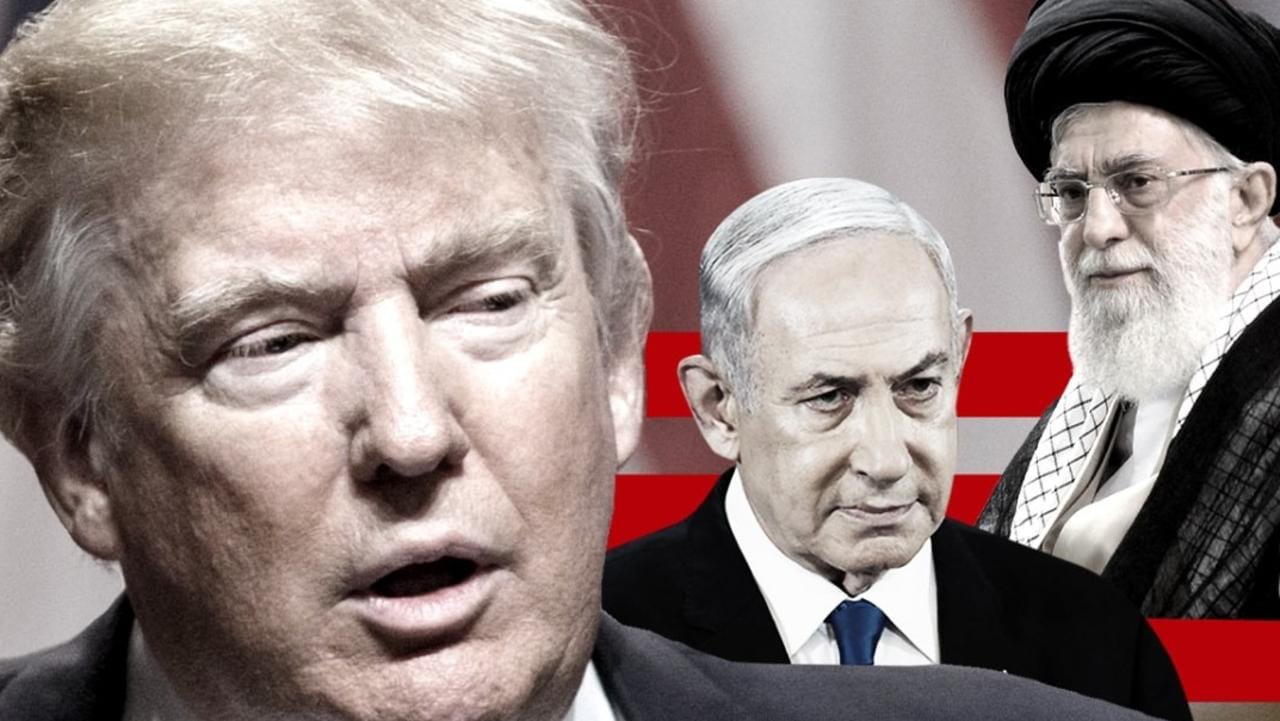The theory of ‘nuclear deterrence’ implies that the nuclear capability of a country will deter other states from attacking with nuclear weapons through the guarantee of retaliation and possible mutual destruction. The philosophy of nuclear deterrence was born out of the symbiosis of the principle of military deterrence and the emergence of nuclear weapons, which are the terms of Weapons of Mass Destruction (WMD). Sun Tzu wrote “The supreme excellence consists in breaking the enemy’s resistance without fighting.” The creation and first use of nuclear bombs in 1945 did not immediately give rise to the idea of nuclear deterrence.
Initially, it was considered as a new means of warfare with an unprecedented destructive power. In the Cold War period, the creation of Soviet nuclear weapons especially after the Cuban missile crisis forced the then two superpowers to reconsider their views regarding the use of nuclear weapons as an offensive measure. This article will assess the credibility of nuclear deterrence in today’s geopolitical turmoils.
Nukes as a Deterrent in the Russia-Ukraine War
All the views and opinions expressed are those of the author. Image Credit – Financial Times (FT).
About the Author
Sanchaly Bhattacharya is a research associate at The Geostrata and a teaching assistant at the Jindal School of International Affairs (JSIA). She is a contributing writer for various think tanks and news media outlets such as Organisation for Research on China and Asia (ORCA), Defence and Security Alert Magazine and Modern Diplomacy. She is currently pursuing Master of Arts (MA) in Diplomacy, Law & Business from O. P. Jindal Global University (JGU) and Master of Public Administration (MPA) in Governance & Public Policy from Netaji Subhash Open University, Kolkata. She holds a Bachelors degree in Geography & Economics from West Bengal State University.



